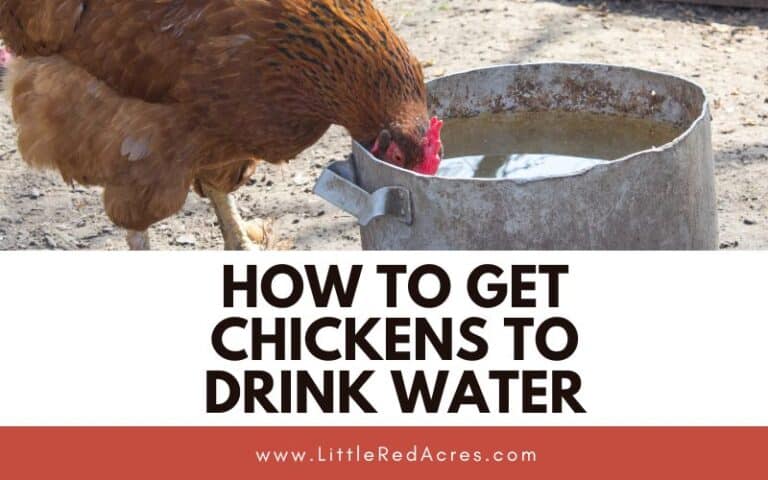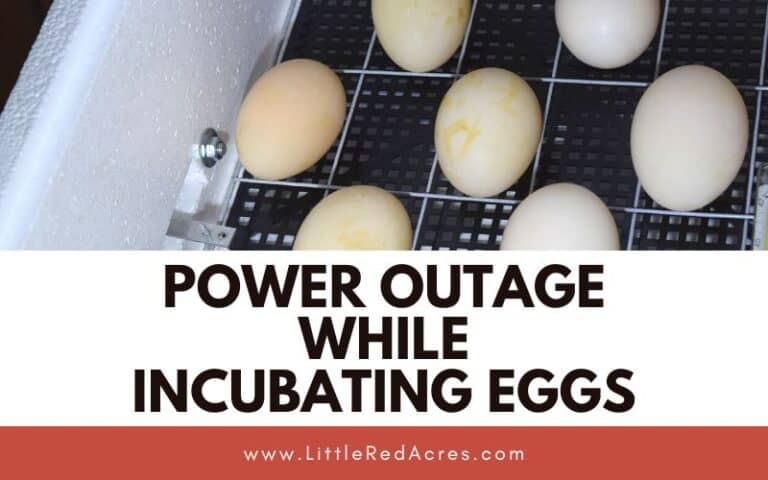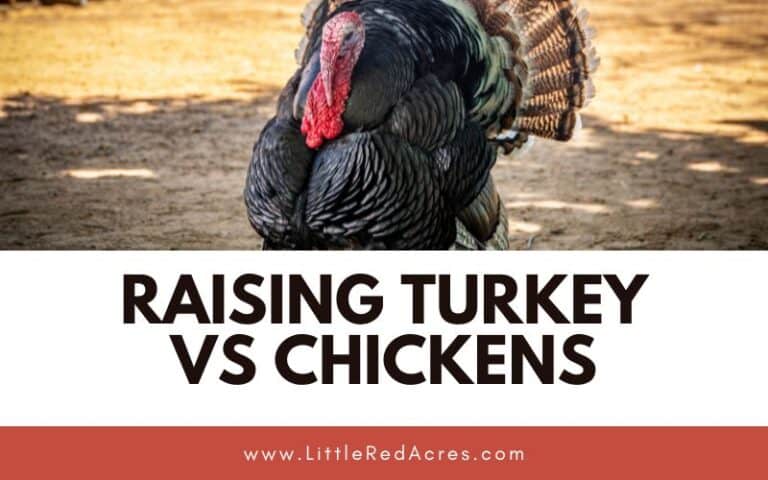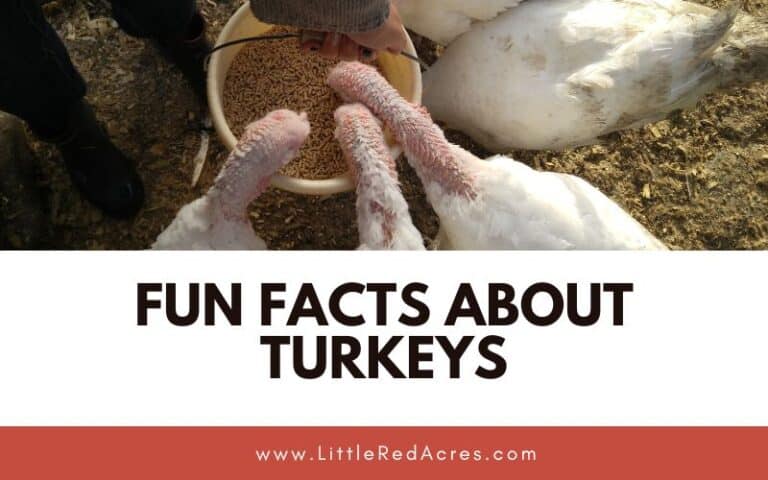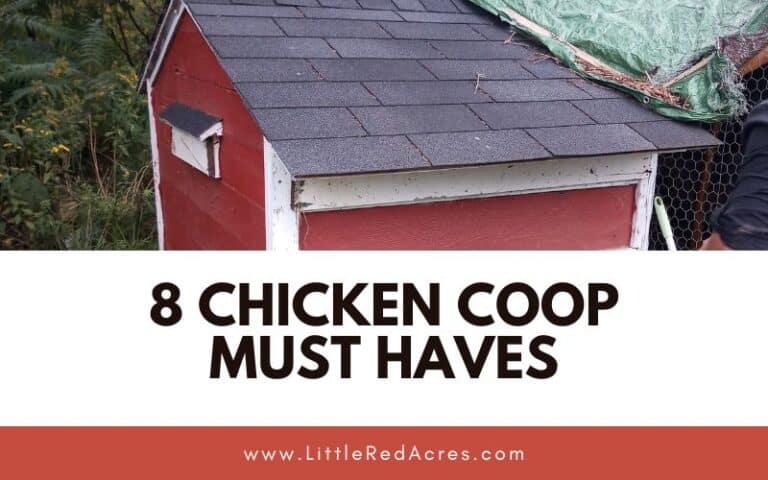What To Do With Chicken Coop Waste
Inside: During the spring and summer we clean the coops more due to the rainy season. We may accrue a whole lot of chicken coop waste. Here's what to do with it.
All year long, we use a lot of bedding in our chicken coops. During the spring and summer, we clean the coops more due to the rainy season, and because our chicken population is at its highest. We may accrue a whole lot of chicken coop waste. What do you do with all that dirty chicken bedding?
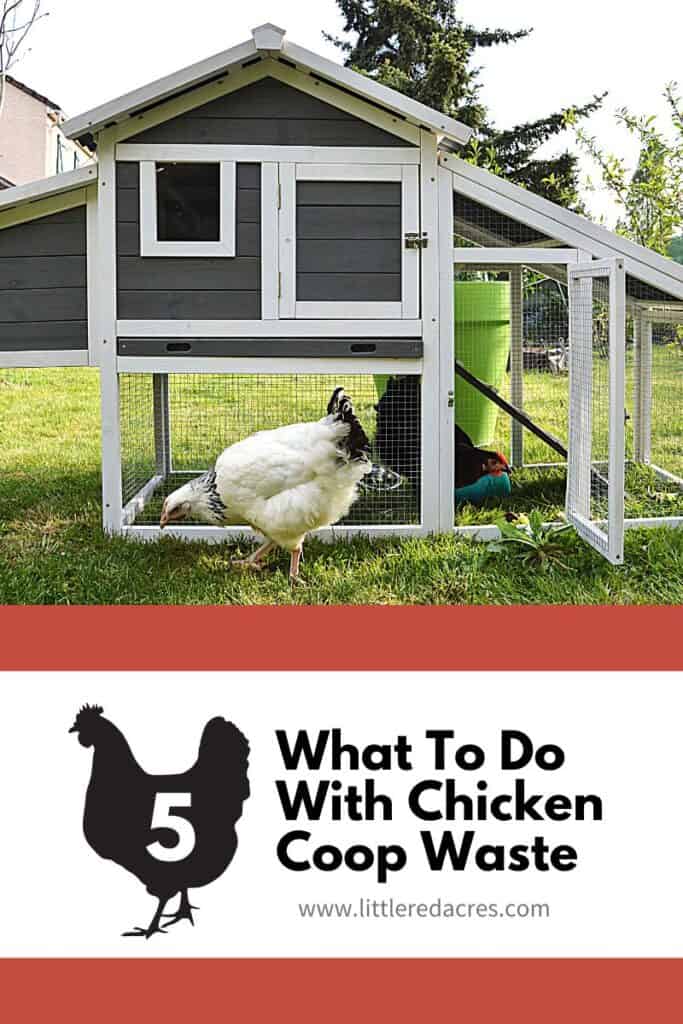
This post may contain affiliate links, see my disclosure policy for more information.
What To Do With Chicken Coop Waste
Although I use deep litter methods during the cooler weather months because it becomes self-contained and it makes it easier for us, and warmer for my chickens. Through the wetter and warmer most, however, we clean the coops regularly.
Get updates & freebies delivered to your inbox!
Compost Dirty Coop Litter
Compost is the perfect place for your chicken bedding. Dispose of the chicken poop by putting it in the compost pile.
It's full of both the browns (litter like wood shavings) and the greens (poop) you need to build a good compost, so into the compost bin, it goes! With the right additions, you'll have black gold in no time.
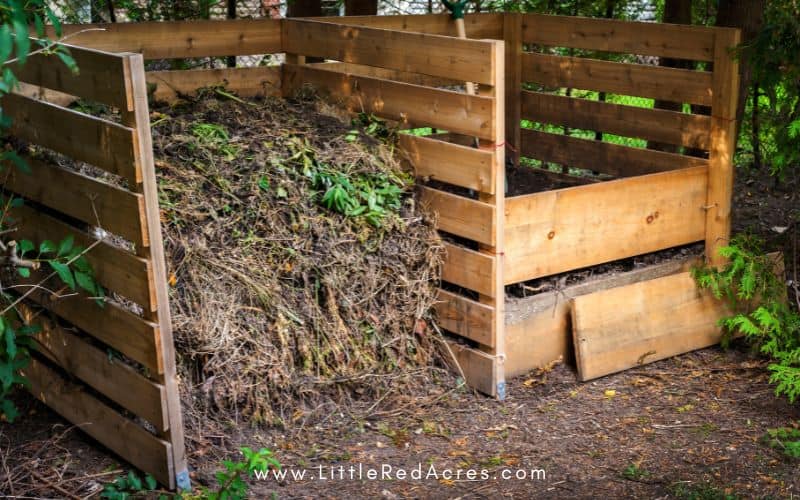
Dispose of Coop Litter in the Garbage Can
Be polite, bag it up so the garbage man doesn't get covered. For very small coops or flocks that live in the city, this litter disposal method might be the best option.
Reuse your feed bags to bag up the litter, feed bags are really sturdy and can be really loaded up without ripping.
I don't know if you can place it in the compost bin that you put out for collection. Our area says wood chips can go in it, but it doesn't say anything about animal waste. Reach out and ask them!
Sell Old Coop Litter/Chicken Manure
Gardeners will pay for chicken fertilizer even if they have to compost it themselves. Advertise it in local farm groups, on online bulletin boards, or hang signs on bulletin boards at garden centers.
Stick it in empty feed bags and sell it by the bag. Or give it away! I have more chicken waste than I could use, so I would have no problem giving it away!
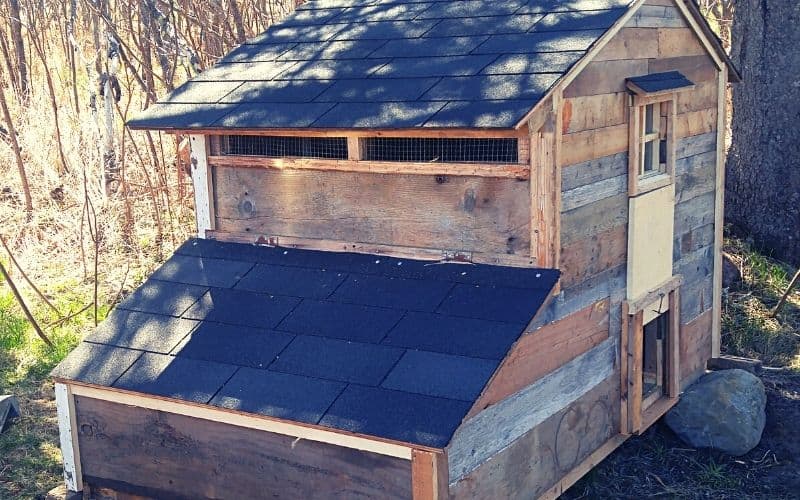
Dump the Coop Litter
We have a dump pile about back in the woods, on our property of course. Make sure there are no eggs or anything else to attract varmints. As the years pass I've noticed the pile does not get bigger though we continue to use it. Nature breaks it down for us.
Now I'm reasonably sure chipmunks and such eat any seeds left behind, but it turns into a beautiful rich compost all on its own back there. This is the reason why it's so far from the coops, to keep the critters way back there.
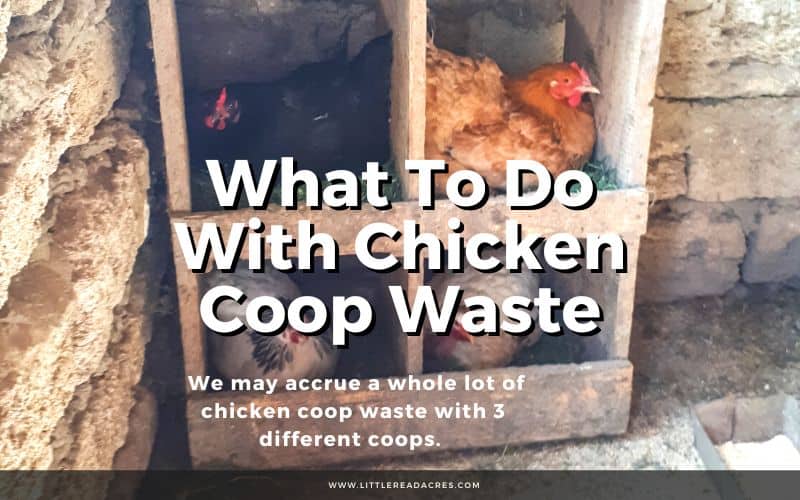
Use Coop Litter Straight in the Garden
Admittedly you can only do this after your final harvest in Fall and up to about 3 months before your first planting in Spring. If you use coop bedding in the garden when the chicken poop is too fresh, it could over-fertilize the soil and burn the tender plant roots.
Remember that chicken poop is hot compost. This is part of the reason why grass dies so fast when chickens are pinned in an area.
Frequently Asked Questions
How often do you clean poop out of chicken coop? Chicken poop contains bacteria and should be removed from the chicken coop weekly. Use a trowel to scoop or scrape it from the dropping boards, and add it to your compost.
What happens if you don't clean a chicken coop? If you don't clean your chicken coop regularly, bacteria and other diseases can grow in the coop. This can make your chickens sick.

Want More?
Common Chicken-Keeping Mistakes to Avoid

